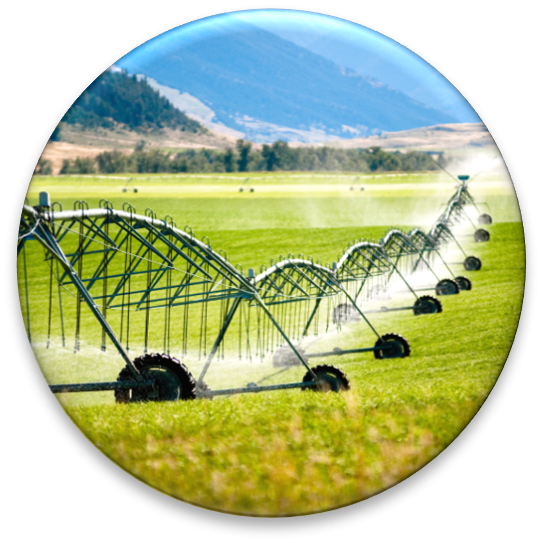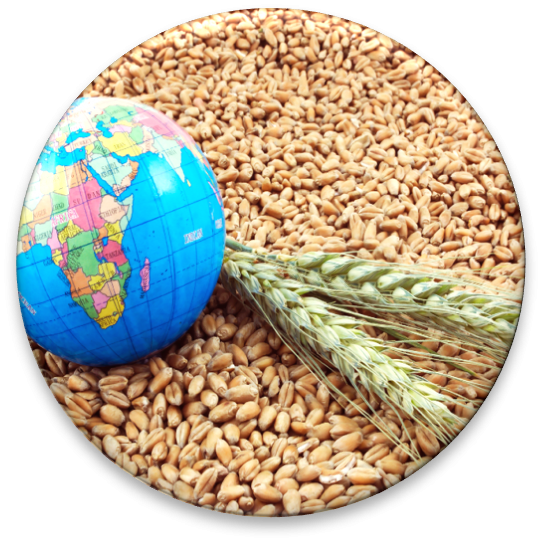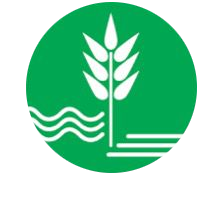Submission
Main Theme
Is Irrigation a Sunset Industry?
Sub Themes

Challenges of Irrigation and Drainage for Food Security in the Changing World
The challenges of irrigation and drainage for food security in the changing world are multifaceted and increasingly complex. Climate change significantly impacts irrigation systems by altering weather patterns and increasing the frequency of extreme weather events, thereby affecting water availability and irrigation practices. This necessitates innovative approaches to sustainable water management, especially in arid and semi-arid regions where water scarcity is a persistent threat. Strategies to enhance water use efficiency in these regions are critical to ensuring long-term food security. Furthermore, addressing soil salinity and degradation in irrigated agriculture is essential for maintaining soil health and agricultural productivity. Combatting soil salinization requires effective methods that not only prevent further soil degradation but also rehabilitate affected areas. Additionally, integrating traditional and modern irrigation practices offers promising solutions for effective water management. Case studies have demonstrated that combining indigenous knowledge with modern technologies can lead to more resilient and efficient irrigation systems. These integrated approaches are vital for adapting to the evolving challenges posed by a changing climate and ensuring sustainable food production

Technology and modernization in the agricultural sector towards food security
The modernization of the agricultural sector through technology is pivotal for enhancing food security. Precision agriculture and smart irrigation technologies, which utilize data analytics, sensors, and automation, play a crucial role in optimizing water usage and maximizing crop yields. These technologies enable farmers to make informed decisions based on real-time data, thereby improving efficiency and productivity. Remote sensing and Geographic Information Systems (GIS) further enhance modern irrigation management by providing advanced spatial technologies for better planning and monitoring. These tools allow for accurate mapping and analysis of irrigation needs, leading to more effective water distribution. Digital farming solutions also have a significant impact on food security by improving agricultural productivity through various digital tools and platforms. These solutions facilitate better resource management, crop monitoring, and yield prediction, contributing to overall farm efficiency. Additionally, the adoption of solar-powered irrigation systems presents a sustainable approach by utilizing renewable energy sources for irrigation. While this transition offers numerous benefits, including cost savings and reduced carbon footprint, it also poses challenges such as the initial investment costs and the need for technical expertise. Nonetheless, the integration of these technologies and modernization efforts is essential for advancing agricultural practices and ensuring food security in the face of growing global demands.

Innovation policy, service delivery and financing mechanisms to meet the challenges of the future

Nature-based solutions in agriculture to foster ecological resilience
Schedule for submission of abstracts/ full papers
-
Submission of extended abstracts (max. 500 words) (Closed)
15 February 2025
-
Notification of Acceptance
15 March 2025
-
Submission of full paper (10 pages of A4 size)
31 May 2025
-
Notification of Acceptance of Paper
1st June 2025
-
Notification to the authors regarding oral/poster presentation
15 June 2025
Online paper submission
-
(a) Online ‘Extended Abstract’ submission is now open. New Users are expected to create their own account. The procedure for creating a new account is available at https://wif.icidevents.org/Register_Modify.aspx
-
(b) Please note that only the ‘Extended Abstracts’ of the papers are required in first stage of submission to enable peer review by an International Review Committee. PLEASE DO NOT SUBMIT THE FULL PAPERS AT THIS STAGE as they would not be reviewed now.
-
(c) Upon receiving acceptance letter from ICID Central Office, authors are required to provide/upload an electronic version of the full length papers in Microsoft Word format (file size limited to 10 MB) by strictly following the guidelines available at https://wif.icidevents.org/PaperNew.aspx

